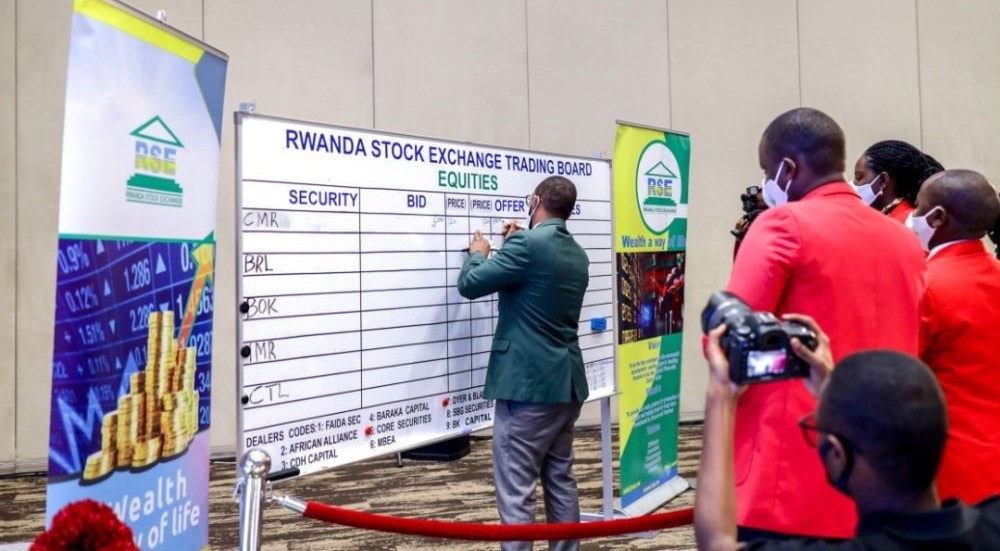Rwanda’s capital market registered significant progress in 2025, with reforms and initiatives aimed at strengthening regulation, building investor confidence, and expanding access to finance.
The year’s achievements, led by the Capital Market Authority (CMA) under the leadership of Chief Executive Officer Thapelo Tsheole, positioned Rwanda as an emerging hub for innovative and well-regulated financial markets.
Reflecting on the year’s milestones, Tsheole described the reforms as a foundation for sustainable growth. “These reforms are more than regulatory checklists, they build trust, encourage innovation, and help Rwanda’s market keep pace with global trends,” he said.
One of the most notable achievements was the enactment of a revised Central Securities Depository (CSD) law, which replaced the 2010 framework. This and many other changes are expected to ensure a more efficient and resilient trading environment.
The updated legislation modernised the market infrastructure by strengthening settlement systems, setting clear rules for collateral management, and introducing stronger safeguards against counterparty risks.
CMA also completed regulations for Collective Investment Schemes (CIS), expanding opportunities for retail investors to access professionally managed pooled investments. Alongside this, the authority advanced a draft law on virtual assets, establishing the groundwork for future oversight of digital assets.
A wider legal review is underway to align Rwanda’s capital market framework with international best practices set by the International Organization of Securities Commissions (IOSCO).
Beyond legal reforms, CMA intensified efforts in investor education. Throughout 2025, awareness campaigns were rolled out across the four provinces and the City of Kigali, targeting young people and first-time investors.

These initiatives not only promoted financial literacy but also strengthened investor protection by ensuring that market participants understand their rights and available products.
Efforts to support businesses also gained momentum. The Rwanda Stock Exchange and CMA continued running the Investment Clinic, a program designed to help small and medium-sized enterprises (SMEs) prepare for capital raising.
By offering guidance on governance, disclosure standards, and financing options, the clinic has enabled more firms to become investor-ready.
Looking to the future, Tsheole revealed that Rwanda is preparing to introduce new financial products such as Real Estate Investment Trusts (REITs), Exchange-Traded Funds (ETFs), and sustainability-linked bonds.
These instruments will broaden investor options and contribute to building deeper, more liquid markets that can better support Rwanda’s long-term economic ambitions.
